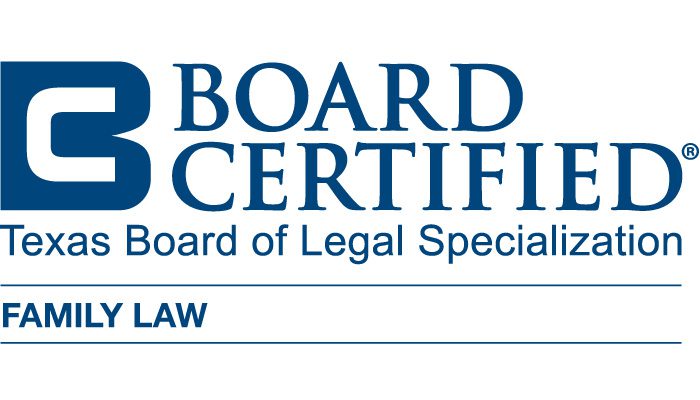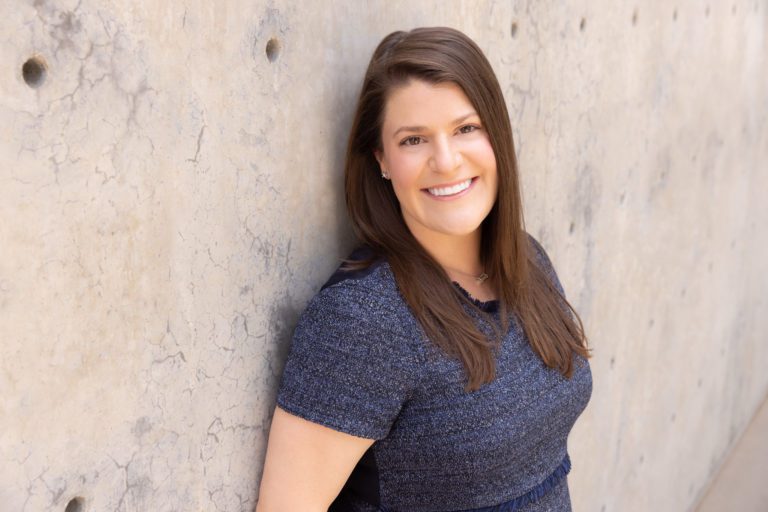Alimony & Spousal Maintenance in Texas

Understanding Alimony and Spousal Support in Texas
Under Texas law, there are certain circumstances where you or your spouse would qualify for spousal maintenance. Parties in a divorce also may agree to the payment of contractual alimony in Texas. Our highly experienced divorce and alimony lawyers can offer you clear guidance on how alimony and spousal support laws apply to your case and help you to better understand the differences between court-ordered spousal maintenance in Texas and contractual alimony.
During a divorce in Texas, alimony and spousal support can be essential concepts to understand if there’s a financial imbalance between spouses; such is the case when one partner does not have full-time employment or the couple had made the decision that one partner would stay home to care for children or elderly parents. When a marriage breaks down, one spouse may be less financially able than the other to move on with life independently, and if this is true for your Texas divorce, maintenance may be awarded to that spouse.
For someone to be eligible for court-ordered spousal support in Texas, a court must determine that the spouse seeking maintenance lacks sufficient property to provide for their minimum reasonable needs and one of these conditions is true:
- The spouse is unable to work because of an incapacitating physical or mental disability.
- The spouse has custody of a child who requires substantial care and personal supervision because of a physical or mental disability.
- The spouse has been married for at least ten years and lacks the ability to earn enough income to meet their minimum reasonable needs.
- Family violence occurred within two years before the suit for divorce was filed or while the suit is pending.
Alimony vs. Spousal Maintenance in Texas
Alimony is a contractual agreement that parties can make and sets the expectation for one spouse to pay the other spouse support for a specified period of time. When parties agree to the payment of contractual alimony in Texas divorce proceedings, it’s important that the terms of the agreement are specific and clearly defined. Paying temporary spousal support in a Texas divorce may be a good tool for settling your case when one spouse will need financial assistance and time to get back on their feet following a divorce.
Spousal maintenance ordered by the court is a temporary rehabilitative measure for a divorced spouse whose ability to self-support is lacking or has deteriorated over time and whose assets are insufficient to support their reasonable minimum needs.
Temporary Spousal Support
In Texas, temporary spousal support is a court order to provide a means of protecting the welfare of a financially dependent spouse between the time the petition is filed and the divorce is granted. While a divorce action is pending, the court may issue an order for temporary alimony and spousal support in Texas directed to one or both of the parties, requiring payments to be made for the support of either spouse.
Spousal Maintenance & Alimony FAQs
How Is the Length of Spousal Maintenance in Texas Determined?
The duration spousal maintenance in Texas depends on how long the parties were married and/or the reason why it is being awarded. Typically, the parties must have been married for at least ten years for a spouse to be eligible for maintenance in a Texas divorce. Spousal maintenance may be awarded sooner, however, if family violence has occurred; in these cases, the court could award spousal maintenance for up to five years even if the parties have been married for less than ten years. Except in situations where a spouse or child of the marriage is disabled, the length of time the court may order maintenance for is:
- Five years if the parties were married for 10 to 20 years
- Seven years if the parties were married for 20 to 30 years
- Ten years if the parties were married for 30 years or more
The duration of a maintenance order is limited to the shortest reasonable period that allows the spouse seeking maintenance to meet their minimum reasonable needs by obtaining appropriate employment or developing an appropriate skill. The exception to this is if the spouses’ employment is substantially or totally diminished because of one of these factors:
- Physical or mental disability of the spouse or a child of the marriage
- Duties as the custodian of an infant or young child
- Another compelling impediment to gainful employment
The court may not order maintenance that requires a spouse to pay more than $5,000/month or 20% of the paying spouse’s average monthly gross income, whichever is less.
Once a court determines that a spouse is eligible to receive maintenance, there are other factors that must be considered when determining the nature, amount, duration, and manner of payments to the receiving spouse.
When Does Alimony End?
In most divorce decisions, receiving alimony is conditional. If a certain condition occurs, the alimony payments will end, even if a spouse is supposed to receive them for a longer period of time. While a divorcing couple can agree to any terminating condition that seems just and fair in their divorce, Texas statute controls alimony when it is awarded by the court after a trial.
Laws governing Texas alimony and spousal support have been put in place to respect the needs of both the person paying support and the person receiving. In a Texas divorce, alimony ends when the person receiving alimony gets remarried. Texas alimony also ends if the court determines that the person receiving alimony is cohabitating with a significant other.
What Constitutes Cohabitation?
Terminating alimony in a Texas divorce because of cohabitation requires the court to find that the receiving party “cohabits with another person with whom he or she has a dating or romantic relationship in a permanent place of abode on a continuing basis.” Going on a short vacation together, sharing a hotel room for a few nights, or having someone occasionally spend the night when that person has their own residence is not cohabitation.
Our Experienced Attorneys Understand the Intricacies of Texas Spousal
Support Laws
If you feel that any of these situations apply to you, or if you have further questions about spousal maintenance or alimony in a Texas divorce, the experienced and skilled family law attorneys at Goranson Bain Ausley are here to guide you through the legal process. Our highly credentialed divorce lawyers can advise you on how likely it is that you or your spouse will qualify for spousal maintenance under Texas law. Our attorneys will also help you understand how courts decide the amount and duration of spousal support in Texas. Contact us at our offices in Austin, Dallas, Fort Worth, Granbury, Midland, Plano, or San Antonio for more information on legal support with spousal maintenance and contractual alimony in Texas.
Awards & Credentials
- Thomas P. Goranson 1997
- Thomas L. Ausley 1997
- Diana S. Friedman 1998
- Thomas A. Greenwald 2003
- Kathryn J. Murphy 2004
- Eric Robertson 2007
- Kelly Ausley-Flores 2009
- Cindy V. Tisdale 2010
- Kristal Thomson 2014
- Aimee Pingenot Key 2015
- Kristen A. Algert 2017
- P. Lindley Bain 2020
- Ryan R. Bauerle 2022
- Lindsey Obenhaus 2023
- Charla Davies 2024
- John J. Kappel 2024

- Angeline Lindley Bain 2015 2014 2013 2012 2011 2009 2008
- Hayley Collins Blair 2021 2018
- Kevin Davidson 2025
- Jeff Domen 2025
- Esther R. Donald 2025
- Diana S. Friedman 2017 2016 2015 2013
- Thomas P. Goranson 2011 2009 2008
- Thomas A. Greenwald 2022 2018 2012 2011 2009 2008
- Aimee Pingenot Key 2025 2024 2020 2019 2017
- Beth E. Maultsby 2010
- Kathryn J. Murphy 2024 2023 2020 2019 2018 2017 2010 2009 2008
- Lindsey Obenhaus 2025 2024 2023 2022 2021
- Katie Flowers Samler 2020 2019 2018


- Thomas L. Ausley 1980
- Gary L. Nickelson 1984
- Kathryn J. Murphy 1995
- Diana S. Friedman 1996
- Kristen A. Algert 1997
- Thomas A. Greenwald 1997
- Eric Robertson 1997
- Kelly Ausley-Flores 2000
- Curtis W. Harrison 2002
- Cindy V. Tisdale 2003
- Jeff Shore 2006
- Clint Westhoff 2006
- Jeff Domen 2009
- Kristal Thomson 2009
- Angel J. Berbarie 2010
- P. Lindley Bain 2012
- Aimee Pingenot Key 2012
- Kevin Davidson 2017
- Charla Davies 2017
- Rob Frazer 2018
- Ryan R. Bauerle 2018
- Hayley Collins Blair 2019
- Lindsey Obenhaus 2019
- Katie Flowers Samler 2019
- Jonathan James 2020
- John J. Kappel 2020
- Chris Nickelson 2021
- Chandler Rice Winslow 2023
- Kristiana Butler 2024
- Cassidy Pearson 2024
- Angelica Rolong Cormier 2024
- Mona Hosseiny Tovar 2026






















































